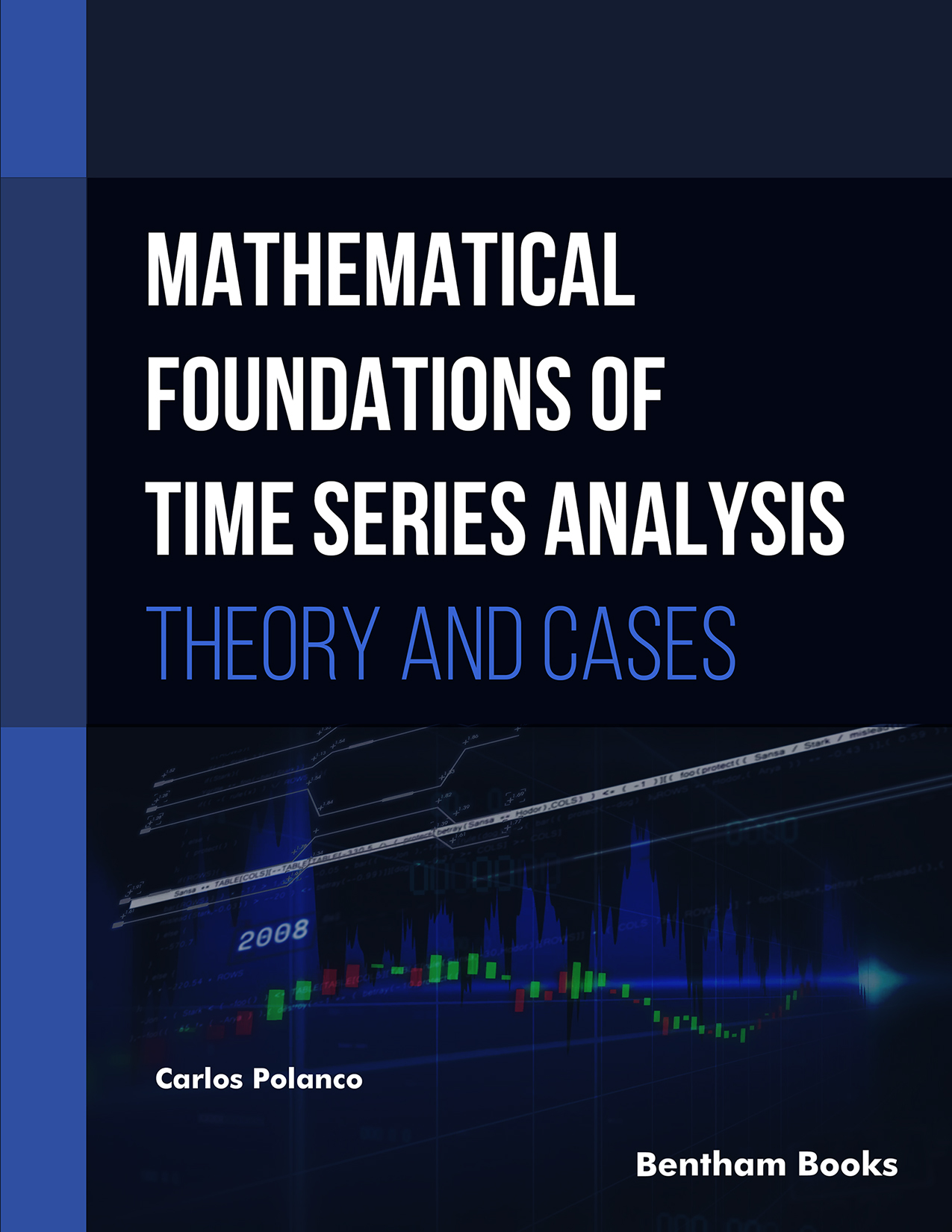Introduction
Mathematical Foundations of Time Series Analysis: Theory and Cases is designed for readers seeking depth and application alike, the book covers foundational ideas such as stationarity, decomposition, trend analysis, and autocorrelation, while also guiding readers through advanced tools like ARIMA models, Kalman filters, and wavelet-based forecasting.
Organized into two distinct parts, the first section introduces the mathematical underpinnings of time series functions, including data behavior patterns, interpolation techniques, and multivariate models. The second section contextualizes these theories through real-world case analyses in areas such as financial risk, epidemiology, price indexing, and seismic activity. Each chapter incorporates examples, stepwise calculations, and remarks that reinforce both conceptual clarity and applied insight.
Key Features:
- - Defines and interprets the core components of time series, including trends, cycles, and seasonal patterns
- - Models univariate and multivariate time-dependent data with precision
- - Forecasts short-, medium-, and long-term events using advanced prediction frameworks
- - Integrates statistical and computational tools for practical implementation
- - Demonstrates applications of methodologies to diverse domains such as economics, health, seismology, and demographics
- - Analyzes real datasets using worked examples and structured case-based reasoning
Readership:
For graduate students, researchers, and professionals in statistics, econometrics, engineering, and data science.

